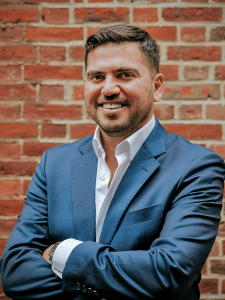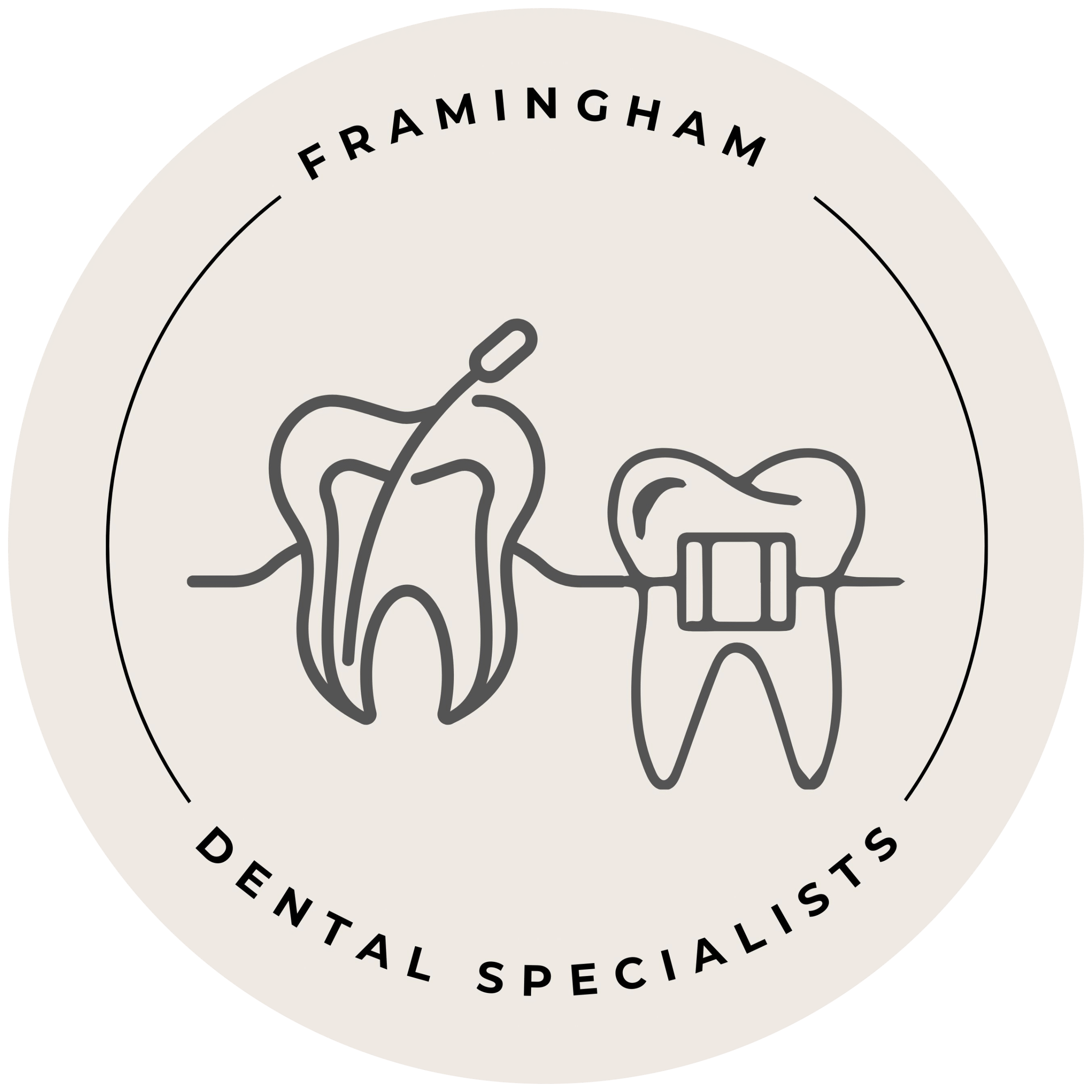
Ammar Awadi, DMD
Endodontic Specialist
Dr. Ammar Awadi earned his DMD, MSD, and a certificate in Endodontics from the Boston University Henry M. Goldman School of Dental Medicine. His career began with a passion for basic science research and evolved into a strong focus on clinical care. Working in the Boston area for several years, he has built a reputation for exceptional quality and a conservative approach to dental treatment.
Your Endodontic treatment will start with a consultation with Dr. Ammar Awadi to review the best treatment options for your Endodontic care. Our team will provide a detailed plan for your Endodontic treatment and will address any questions you may have regarding treatment.
At Framingham Dental Specialist, our primary goal is to save your natural teeth whenever possible. We offer high quality, compassionate endodontic care in comfortable, modern office environment. Endodontics is commonly referred to as root canal therapy and includes treatments of diseases of pulp and surrounding tissues of a tooth.
When a tooth is infected or at risk of infection, root canal therapy can often save the tooth. The procedure involves removing the dental pulp and replacing it with a filler material that preserves the tooth and prevents infection. Root canal therapy can be done proactively to prevent infection or retroactively to treat a tooth infection.
When underdeveloped or damaged root tissue allows bacteria to enter the root canal it can result in an infection. An apicoectomy removes the tip of the tooth root, cleans out the infected tissue, and places a cap on the end of the root to seal it off from further infection.
It can sometimes even be difficult to identify exactly which tooth is causing the discomfort. That is why your dentist may refer you to an Endodontics specialist. Endodontists use surgical microscopes and other tools that can be different from a general dentist’s technology and tools.
Continuing to chew on a cracked tooth can lead to more damage as well as creating the potential for pain and infection. Even small movement of the cracked tooth pieces during chewing can cause irritation to the tooth’s pulp, which causes pain. Similarly, when the bite is released, the crack can close quickly, causing sharp pain. Over time, the tooth pulp will become damaged. As this happens, the tooth will hurt more consistently. Cracks can sometimes lead to infections in the pulp tissue and spread to the surrounding gum and bone.
After a root canal procedure has been performed on a tooth, a tooth may still become reinfected if the root canal was not complete. This calls for endodontic retreatment, which is essentially a repeat root canal. We use an endodontic microscope to ensure that we remove all of the dental pulp and completely fill every space within the root canal to prevent the need for retreatment.
The blood vessels, nerves, and tissue that keep a tooth healthy and alive are located in the tooth’s pulp, which is protected by the outer enamel and tooth structure. Sometimes the pulp can become infected. The infected pulp can be removed with a pulpotomy. A medicated dressing is then placed in the tooth chamber to prevent further infection and to promote the healing of the remaining pulp. The chamber is then sealed. Because this procedure is often performed on deciduous (baby) teeth, it is sometimes referred to as a baby root canal.
An injury to the mouth can knock a tooth loose or out of place. It can also cause internal problems with a tooth that are unable to be seen right away. Prompt treatment after an injury improves the chances of saving the tooth.
We treat patients of all ages. Kids’ teeth can become infected and require treatment just like adults’ teeth. Endodontics focuses on conditions impacting the interior of the tooth. Pediatric endodontics treats these issues in children. We can see children of all ages in our child-friendly office and offer sedation to ensure your child feels safe and comfortable during their treatment.
Endodontists receive specialized training to master root canal therapy and treating the pulp inside a tooth. Regardless of the patient’s age, endodontists are considered specialists in saving natural teeth and treating dental pain.
Regenerative endodontics uses biologically-based tissue engineering to restore tooth canals of immature permanent teeth to a healthy state. Regenerative endodontic treatment involves replacing damaged pulp tissue in the tooth root with healthy tissue that can allow for continued development of the tooth root and surrounding tissue. Offering a promising alternative to traditional root canal treatments, which halt further growth of the tooth root, regenerative endodontics opens new avenues for preserving natural tooth structure and function, highlighting our commitment to incorporating the latest advancements in dental care to benefit patient health and recovery.
In-office bleaching usually requires only one office visit. A protective gel or a rubber shield is placed over the gums to protect the soft tissue. A bleaching agent containing carbamide peroxide is applied to the teeth, and a specialized light is then used to enhance the action of the whitening agent. This is the fastest way to achieve results.
At-home bleaching requires an impression of the teeth to be taken to make a customized mouth guard to hold the whitening gel, containing carbamide peroxide, against the teeth. Once the mouth guard is made, it is worn for a period of time, as instructed by our office. The amount of time may vary from a couple hours a day, or all night, to up to four weeks or longer, if desired.
Looking for a practice in the
